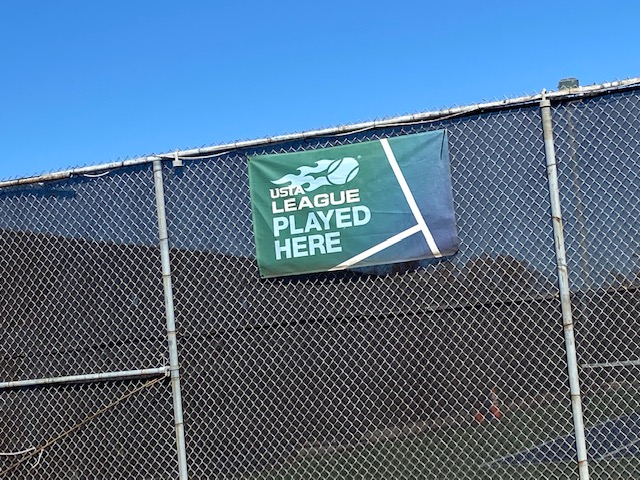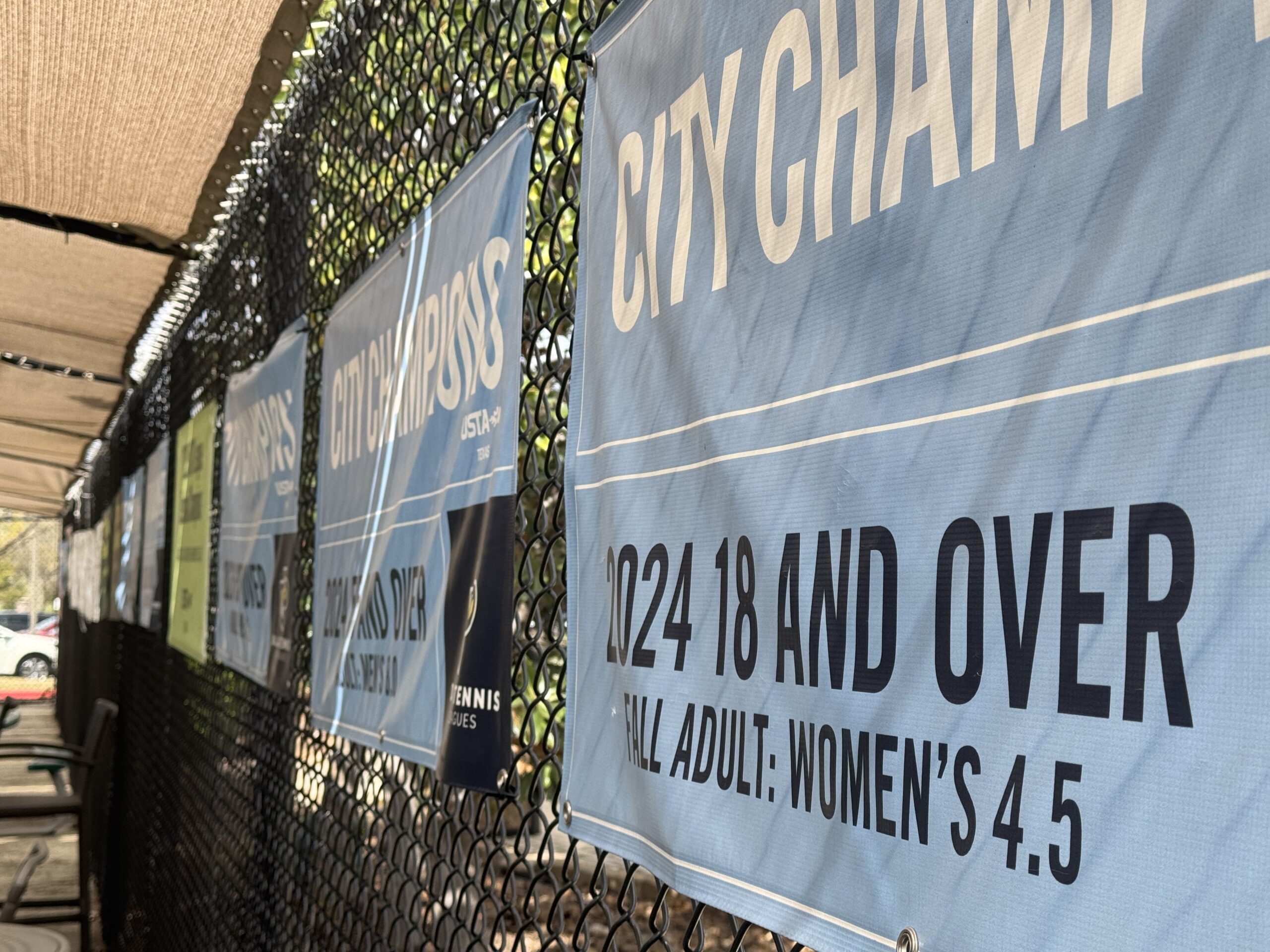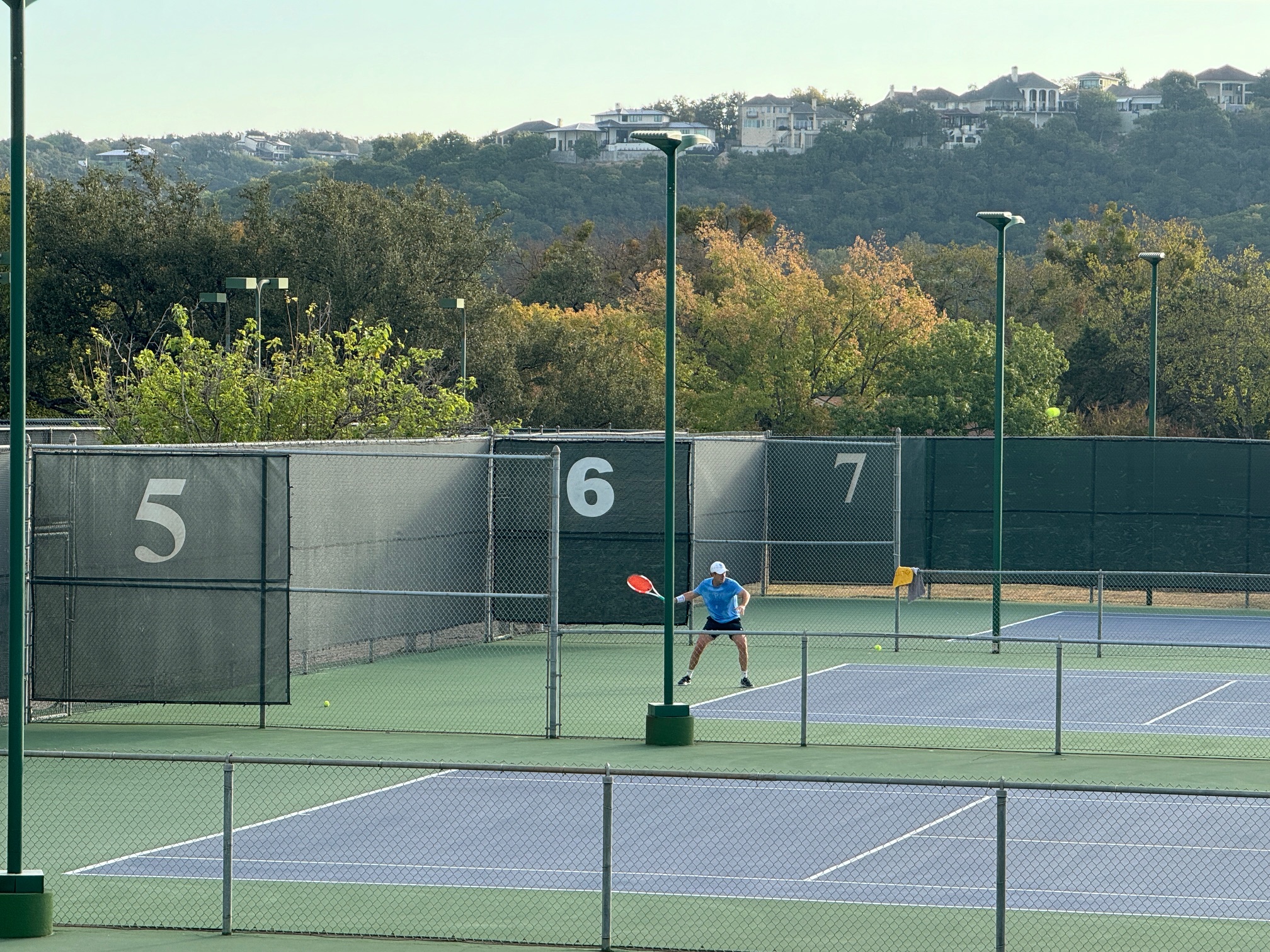In case you missed it, the mixed doubles combination of Ben Shelton and Taylor Townsend at the US Open was one of the most adorable things you will ever see. Their chemistry and sheer enjoyment were a joy to watch. I sincerely hope they pair up again in the future.
Townsend created an obvious audible hindrance violation during their first-round match against Luisa Stefani and Joe Salisbury. It was a textbook example of that rule. It was also a moment of pure chutzpah that firmly established that Townsend has guts… and is bat-shit crazy.
With Salisbury teed up to hit a point-blank overhead, Townsend charged the net, yelling, “Hit me! Hit me!” It was an obvious hindrance that was immediately called.
Since the US Open is a Grand Slam event, the first authoritative source of the rules is the Grand Slam Rulebook. However, that document is completely silent on all forms of hindrance. That means that the Grand Slam Board saw no need to tweak or tailor the hindrance rule from the ITF Rules of Tennis, which is the second applicable rulebook for that event.
26. HINDRANCE
If a player is hindered in playing the point by a deliberate act of the opponent(s), the player shall win the point.
IITF Rules of Tennis, 2023, Rule 26
Shouting anything at your opponent is an obvious intentional act meant to distract. Had Townsend taken a more sane course of action and screamed in terror, that may have been ruled as an unintentional hindrance.
However, the point shall be replayed if a player is hindered in playing the point by either an unintentional act of the opponent(s), or something outside the player’s own control (not including a permanent fixture).
ITF Rules of Tennis, 2023, Rule 26
Within the ITF Rules of Tennis, no case decisions are applicable to that hypothetical scenario. Had it transpired, it would have been up to the umpire’s discretion on the call. It was probably a moot point in any case because Salisbury returned the overhead firmly for a winner in Townsend’s direction. He was not distracted.
This episode is a terrific illustration of an intentional audible hindrance.
- 2023 Official Grand Slam Rulebook, International Tennis Federation, viewed January 1, 2023.
- ITF Rules of Tennis, International Tennis Federation, 2023



